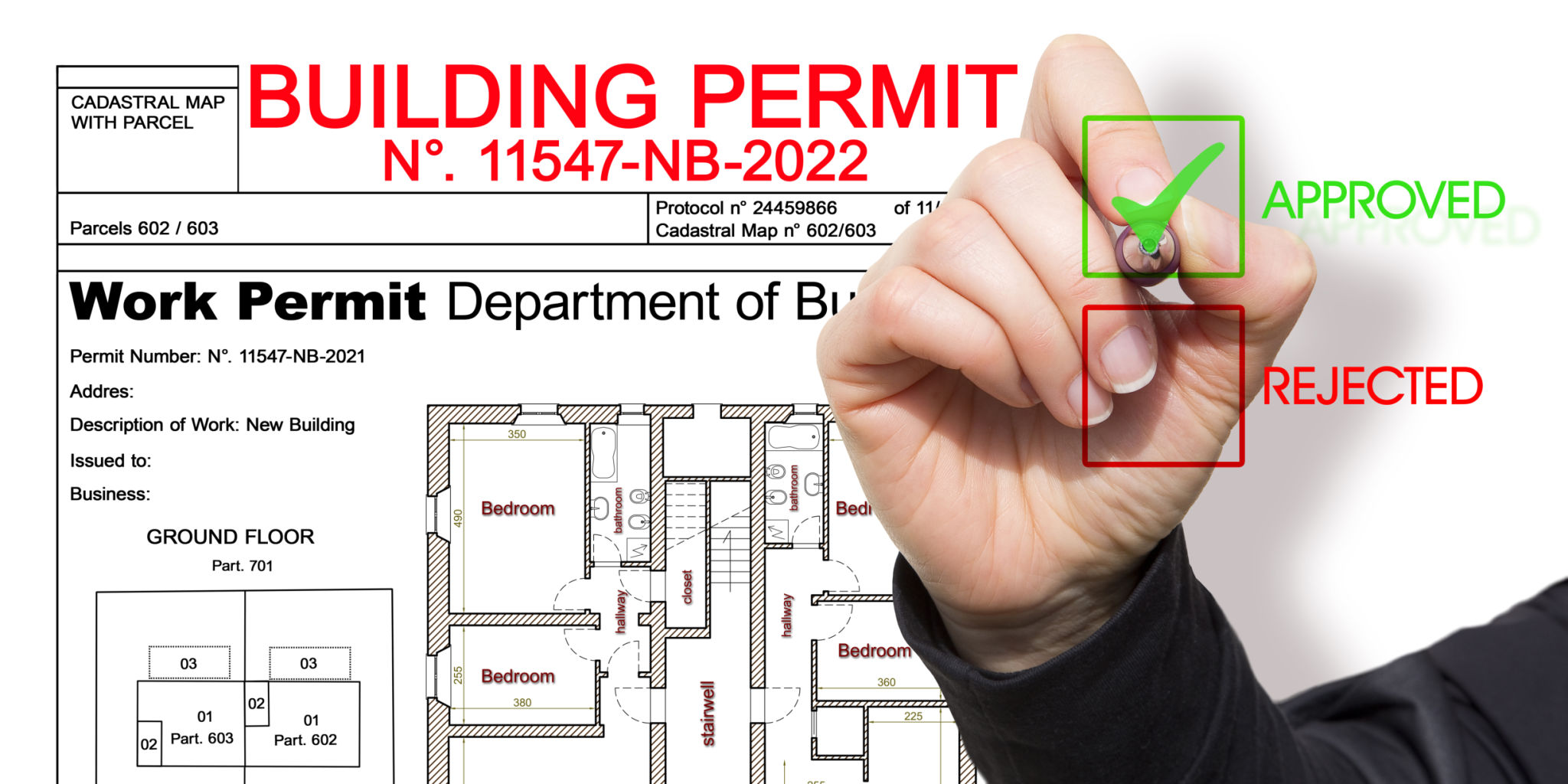Understanding Local Regulations for Home Renovations in Iowa County
AG
Understanding the Basics
When planning a home renovation in Iowa County, understanding local regulations is crucial. Every county has specific building codes and permit requirements that homeowners must follow to ensure their projects are safe and legal. These regulations are designed to maintain community standards and protect both property owners and neighbors.
Before starting any renovation project, it's essential to research and understand these regulations. Failing to comply can result in fines, removal of non-compliant structures, or other legal complications. Knowing the rules ahead of time can save time and money.

Building Permits
One of the first steps in any renovation project is determining whether you need a building permit. In Iowa County, permits are typically required for structural changes, electrical work, plumbing, and major renovations. This includes additions, demolitions, and potentially even some cosmetic changes, depending on their scope.
To obtain a permit, you'll need to submit detailed plans of your proposed project to the local building department. They will review your plans to ensure compliance with current building codes. It's important to allocate time for this process in your project timeline, as approval can take several weeks.

Zoning Laws
Zoning laws affect how land and buildings can be used in different areas. In Iowa County, these laws dictate requirements such as building height, property line setbacks, and usage types (residential, commercial, etc.). Understanding these laws ensures your renovation plans align with local regulations.
Before finalizing any plans, consult the local zoning office or their online resources to verify that your project complies with zoning restrictions in your area. If necessary, you may need to seek a variance or special permission for certain projects.
Historic Preservation Guidelines
If your home is located in a historic district, there may be additional guidelines to follow. These guidelines aim to preserve the architectural character and historical significance of buildings within these areas.
Renovations in historic districts often require approval from a local historic preservation board. This may involve submitting detailed plans and possibly modifying your project to meet specific aesthetic or material requirements.

Environmental Considerations
Iowa County places a strong emphasis on environmental sustainability in building projects. This includes regulations on waste disposal, energy efficiency, and water conservation. Incorporating green practices into your renovation not only complies with regulations but can also lead to long-term savings on utility costs.
Consider integrating sustainable materials and energy-efficient systems into your renovation plans. Many local resources are available to help homeowners understand and implement these practices effectively.
Engaging with Professionals
Given the complexity of local regulations, it's often beneficial to work with experienced professionals. Architects, contractors, and consultants familiar with Iowa County's requirements can provide valuable guidance throughout the renovation process.
These professionals can help ensure that all necessary permits are obtained and that your project adheres to local codes. Their expertise can be invaluable in navigating the intricacies of building regulations efficiently.

Conclusion
Understanding and complying with local regulations is a critical aspect of any home renovation project in Iowa County. By being informed and prepared, homeowners can avoid potential pitfalls and ensure their projects are completed smoothly and legally.
Always start by researching the specific requirements for your area and consider consulting with professionals who can assist you throughout the process. With careful planning and adherence to regulations, your renovation project can enhance both your home and community.